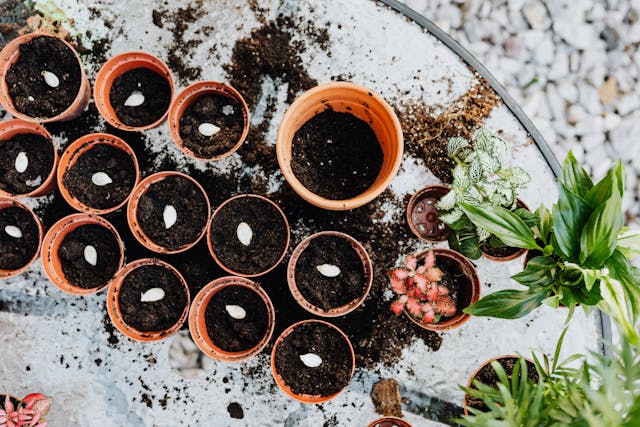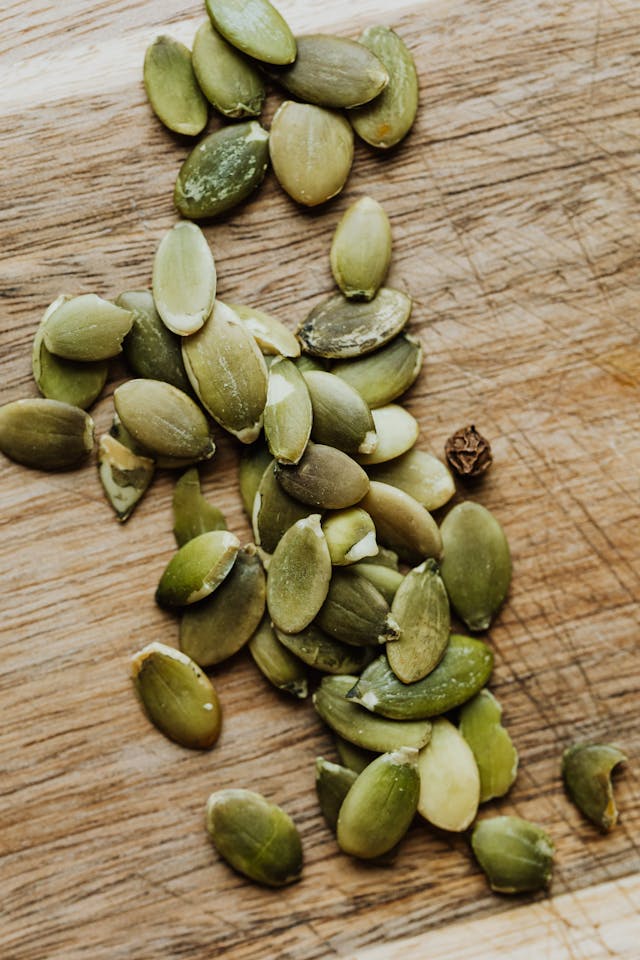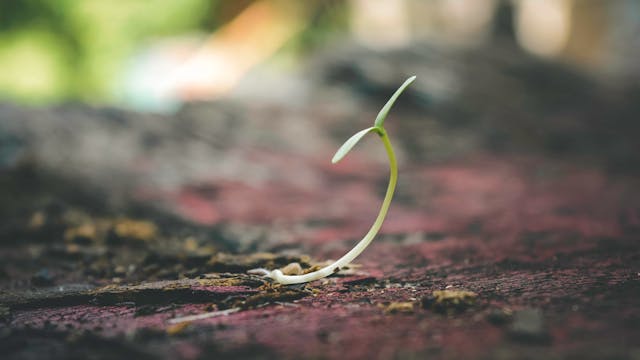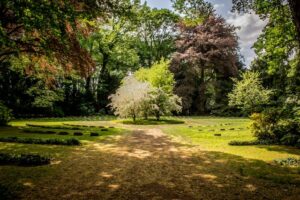Planting heritage seeds in your yard has the power to resurrect historical events. Thomas Jefferson had a plant variety in his garden more than 200 years ago, and you may be able to cultivate it too since these seeds have been preserved and nurtured for decades or even centuries. You may be familiar with heritage tomatoes or other crops, but you may be surprised to learn that heirloom varieties of many other plants, including herbs and blooming annuals, can also be found as seeds. Discover the definition of heritage seeds and the top five reasons to include them in your garden.

A Heirloom Seed: What Is It?
Most seed varieties are deemed heirlooms if they have been around for more than fifty years; however, some plant specialists reserve the right to label as heirlooms those seeds that were developed prior to World War II. In any case, heritage seeds have a lengthy history, as the name implies. Why? because they have distinct qualities that appeal to people—a string bean with a lovely purple-speckled pod rather than a plain green one, for example. In order to ensure that these lovely plants would survive year after year, gardeners and farmers stored the seeds, often passing them down through the generations. Additionally, a few organizations and seed corporations have contributed to the preservation and increased accessibility of heritage seeds.
The Advantages of Heritage Seeds
Selecting heritage cultivars has various advantages beyond the enjoyment of cultivating your own plants from seeds. These five characteristics are what distinguish these seeds and make them really worthwhile to try.
- The History of Heirloom Seeds Is Colorful
Many of these seed kinds have fascinating history attached to them since heirlooms are ancient. ‘Black Watchman’ hollyhock, for instance, is as old as 1629 and dates all the way back to Thomas Jefferson’s garden at Monticello. You may still cultivate this near-black-flowering hollyhock variation now because gardeners have been handing these seeds down through the years. You may also share a fascinating anecdote with everyone who inquires about this towering, eye-catching plant in your yard. - Heirlooms Have Aged With Time
Dedicated gardeners who have been passing down cherished cultivars in their families for decades make for an amazing focus group. You can tell that a plant is really unique if its seeds were preserved for future generations by these folks. Excellent in taste, beauty, or hardiness—or all three!—heirlooms have passed the strictest quality checks. For instance, the pre-1900 tomato variety “Arkansas Traveler” is highly regarded for its flavor, resilience to disease and cracking, and ability to thrive in the South’s heat and humidity, when many other tomato kinds wither and mope. - Heirloom seeds may be saved year after year.
For every plant to produce seeds, it must be pollinated. When pollen is allowed to spread naturally, such as by insects, birds, or summer breezes, it finds its way to the desired location. If the pollen originated from other flowers of the same kind, or if the resultant seeds were collected and planted, the subsequent plants will have the same traits as the plants from which they originated.
You can come across hybrid seeds while you’re seed buying. For these, humans participate in the pollination process to generate certain traits like increased bloom size or improved disease resistance. The issue is that hybrid plant seeds seldom come true to type, which means they won’t resurrect a plant with precisely the same traits. Therefore, you will not be able to grow the seeds you saved from that plant again if you wish to grow that variety again without having to purchase fresh seeds.

- Guarantees on Heirlooms Not genetically modified
Herbivorous seeds are all non-GMO (genetically modified organisms, or plants whose DNA has been purposefully altered, often including genes from other species that they could not naturally cross with). For instance, some genetically modified maize has bacterial genes that aid in insect resistance. Thus, heritage seeds cannot be genetically altered by definition. In addition, because GMO seeds are only sold to commercial farmers and not to backyard gardeners, you don’t have to worry about purchasing them if you’d like to avoid them. - Organic Heirloom Seeds Are Possible
The word “organic” merely describes the methods used to cultivate and manufacture seeds; you are free to plant organic heritage seeds. The National Organic Program of the USDA specifies the organic requirements that must be followed while growing organic seeds. They may only use pesticides and fertilizers permitted by organic regulations, and they must be cultivated on soil that has been certified organic. Look for the USDA Organic mark on the label of any heritage seeds you want to purchase that are organic.
Where to Purchase Heritage Seeds
There are a variety of heritage seeds available for trial from many seed firms and seed-saving groups. Some hardware or grocery shops may sell packets of heritage seeds, or you may get them online from Baker Creek heritage Seeds, Annie’s Heirloom Seeds, and Seed Savers Exchange, among other firms.
Heirloom seeds are reasonably priced and readily available. However, the world of rich tastes, distinctive hues, and other exceptional qualities that make these more traditional kinds the jewels they are become accessible. Some heritage seeds even arrive in packaging so exquisite they might pass for works of art.
FAQ
Why are heritage seeds necessary?
Gardeners may contribute to preserving the biodiversity of our world by cultivating heritage plants. Despite the fact that hybrids have been designed to withstand certain illnesses, there are sometimes risks that, because of the lack of variety in regularly planted kinds, might potentially wipe out whole harvests when a new disease arises.
What distinguishes ordinary seeds from heritage seeds?
Open-pollinated heirloom seeds are ones that have been preserved and handed down through the ages. The process by which a plant is naturally pollinated by the wind, rain, bees, and birds is known as open-pollination. These heritage seeds have bigger, strangely shaped fruits and are more prone to disease.

What drawbacks come with heritage seeds?
Since commercial seeds are often cultivated expressly for disease resistance, most heritage seeds are more susceptible to illness. Additionally, heirloom seeds produce less than hybrids, which might be a drawback for home gardeners and farmers who have limited area.
How are heritage seeds planted?
To create a solid bed for the seedlings, fill your containers with the wet mixture and push it down. It is not what you want them to land in the bottom of the container and not sprout! Make a little trench in the ground or punch a short series of shallow holes with a stick or pencil.



